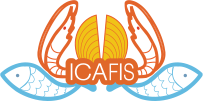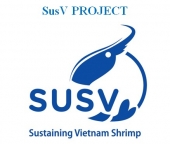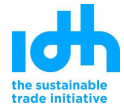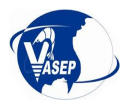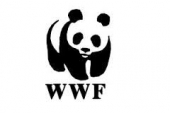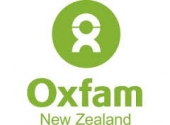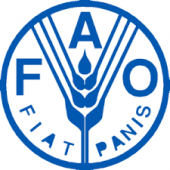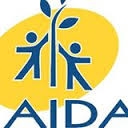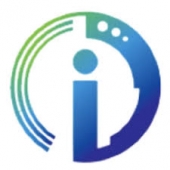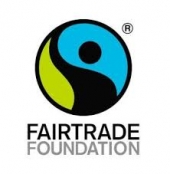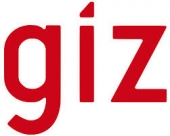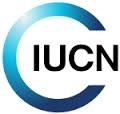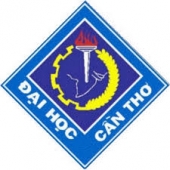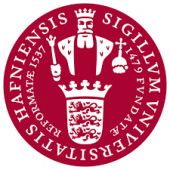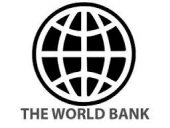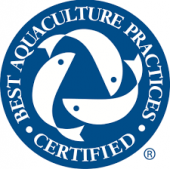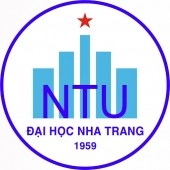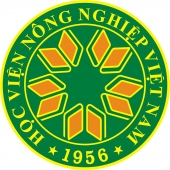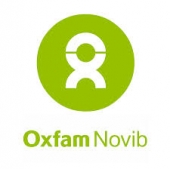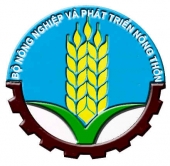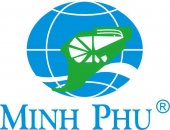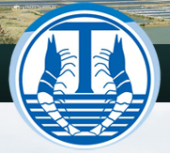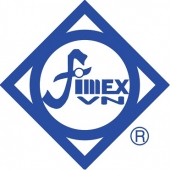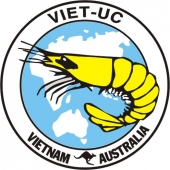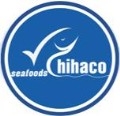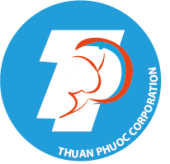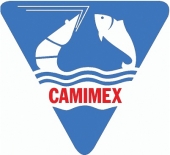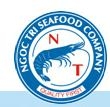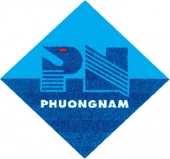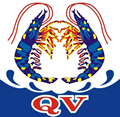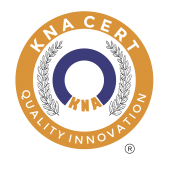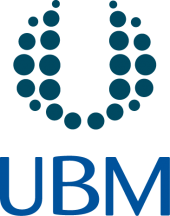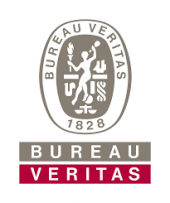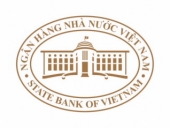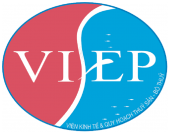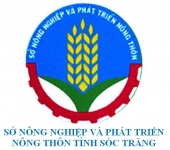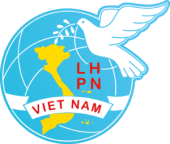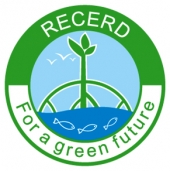On October 15, 2020, the second meeting of the Fisheries Social Responsibility Advisory Board was held in Can Tho city, promoting Corporate Social Responsibility (CSR) in the Supply Chain fisheries in Vietnam and helping Vietnamese seafood stand firm in difficult markets like Europe.

Currently, the global supply chain has become a popular way to organize and implement investment, production and trade activities in the global or regional economy. In many countries, especially developing countries, this Supply Chain has created jobs and development opportunities for the nation's socio-economy. Supply chains also make opportunities for suppliers to gradually shift to higher-value commercial operations; At the same time, allowing workers to access jobs with higher technical and skill requirements, and better wages and working conditions. When employers comply with Labour Regulations and International Labor Standards (ILS), this will help increase sustainable employment in the Global Supply Chain.
In Vietnam, the Project "Responsible Supply Chain in Asia" (RSCA) is promoting respect for human rights, labor standards and environment in companies, which participating in the Supply Chain fisheries and timbers, ensuring better understand and practice of Corporate Social Responsibility (CSR) and Responsible Business Conduct (RBC) among stakeholders. The RSCA project is implemented by the International Labor Organization (ILO) and the Organization for Economic Cooperation and Development (OECD), is funded by European Union (EU). The project aims to promote inclusive and sustainable growth of the business, while at the same time creating a conducive policy to take advantage of opportunities and promptly address challenges to CSR / RBC implementation in Fisheries and Forestry. Although seafood processing is one of Vietnam's leading export sectors to Europe and the USA, this is the first time that the ILO has a project to support this sector.
 |
Following the implementation and dissemination of preliminary research results on the seafood processing industry in Vietnam, in order to support businesses and partners in implementing effective business activities and associated with increasing Corporate Social Responsibility in the Fisheries Supply Chain, it is first and foremost essential to buil strategies and interventions in time, suitable for the direction of promoting trade and sustainable development, closely linked to mainstreaming best practices in Corporate Social Responsibility (CSR) in the fisheries sector; Identify the growing importance of implement CSR, especially in the Fisheries Supply Chain - a commodity with great export potential to markets of EVFTA and CPTPP member countries . This is an urgent requirement for establish Corporate Social Responsibility Advisory Board (CSR) and Responsible Business Conduct (RBC) in the Fisheries industry.
Fisheries Social Responsibility Advisory Board
At the first meeting, on 20/02/2020, the Advisory Board (Think-Tank) officially debuted with members who are leaders and experts with in-depth knowledge, experience and reputation: Leadership Directorate of Fisheries, leader of Department of Aquatic Exploitation (D-FISH); Representatives of Agro Processing and Market Development Authority (AGROTRADE), Vietnam Fisheries Society (VINAFIS), International Collaborating Centre for Aquaculture and Fisheries Sustainability (ICAFIS), Vietnam Association of Seafood Exporters and Producers (VASEP), Vietnam Tuna Association (VINATUNA), Vietnam Pangasius Association (VINAPA), Vietnam Chamber of Commerce and Industry in Ho Chi Minh City (VCCI HCM), Vietnam Cooperatives Alliance (VCA), the Project "Responsible Supply Chain in Asia" (RSCA), International Labor Organization (ILO). In which, Dr. Le Thanh Luu - Director of ICAFIS, is the Head of the Board; Mr. Tran Minh Tri - National Coordinator of the RSCA Project, is the Secretary of the Board.
 |
The Advisory Board was established within the framework of project Responsible Supply Chain in Asia - RSCA (ILO), comprising 14 experts. Members of the Advisory Board work on a voluntary basis, contributing to the achievement of designated goals. During the operation, members will synthesize and share necessary information for the purposes: Consulting the process of strategic and policy planning; timely interventions, suitable with direction on promote trade and sustainable development, are associated with the integration good practices of Corporate Social Responsibility (CSR) in the Fisheries Supply Chain in Vietnam. All information is shared; documents and plans developed by the Advisory Board are for advisory purposes only to the Directorate of Fisheries (Ministry of Agriculture and Rural Development); The Directorate of Fisheries has full control over the use of documents and plans developed by the Advisory Board.
In the framework of the RSCA Project's objectives, the Advisory Board assistant technical, aiming to strengthen Corporate Social Responsibility (CSR) and Responsible Business Conduct (RBC) in the Chain Supply fisheries for the benefit of businesses and employees, through key activities such as: Building an open forum for key partners to engage in dialogue, sharing information and expanding cooperation on industry fundamentals. Especially strengthening partnerships between suppliers and international buyers from the EU and USA; Enhance capacity and knowledge to implement practices CSR / RBC (Corporate Social Responsibility and Responsible Business Conduct) for national entities, including industry associations goods and trade unions, enforcement agencies… ensure sustainable employment; Participate in the policy advocacy process at the national, association and enterprise levels to well implement CSR / RBC with consistent and appropriate solutions.
 |
Solution groups of CSR / RBC Advisory Board
To achieve the above objectives, the Advisory Board will carry out main activities within the framework of three groups of solutions: Dialogue - Capacity building - Policy advocacy.
On Dialogue: The Advisory Board will initiate and support sector-level dialogue, bringing together key partners to identify and discuss challenges, opportunities and areas of cooperation to reach common standards; increase dialogue and promote linkages between domestic suppliers and international buyers, especially the EU; Share and spread labor practices have socially responsible that reinforce the operations, responsible code of conduct, and sustainability of the Fisheries Supply Chain in Viet Nam. Identify challenges related to CSR / RBC practice and opportunities for the three main products of processed seafood - exports of Vietnam: shrimp (export turnover over $ 4.4 billion / year) , catfish (2 billion USD / year) and tuna (over 500 million USD / year).
Capacity building: Promote adoption of CSR / RBC practices in the Shrimp, Catfish and Tuna Supply Chain through seminars on responsible business, sustainable trade development and Labor International Standards (ILS), good practices and topics related to CSR / RBC are interested and sustainable employment programs for domestic partners (including: suppliers, industry associations and trade unions, workers' representatives). Propose CSR / RBC goals, design grassroots interventions for businesses and stakeholders,and disseminate best practices for sharing and replication in the sector . In addition, building a roadmap to integrate CSR / RBC sustainably into key seafood supply chains (through dialogues / workshops with key partners) with the aim of expanding and spread CSR / RBC practice in all fishing - farming - processing - commercial stages.
Advocacy: Proposed policy ideas, consultations and campaign related to trade and sustainable development of the Fisheries sector, including support and dissemination of case good practice CSR / RBC and build of advocacy toolkit. At the same time, mobilize and improve the capacity of partners to strengthen CSR / RBC and sustainable employment programs, make these contents will become essential contents in the policies of the Ministry of Agriculture and Rural Development, Directorate of Fisheries, Associations, and enterprises towards the comprehensive and sustainable development of enterprises participating in the seafood supply chain in Vietnam.
 |
In general, since February 2020, the Advisory Board has been, and will be, advising the Vietnamese fisheries sector to increase regular dialogue and partnership among key stakeholders ( especially between domestic suppliers and international buyers from the EU and US), replicating and spreading good practices to facilitate Vietnam's seafood exports; Maintain a better implementation of CSR / RBC in the Seafood Supply Chain of Vietnam. Strengthen the capacity and knowledge of domestic actors, including businesses, industry associations and unions / workers' organizations, to replicate good CSR practices in the Fisheries Supply Chain in Vietnam, training members on CSR / RBC practice; promote stakeholder about sustainable employment and International Labor Standards (ILS). Strengthen policy advocacy at the national level to well implement ILO and OECD CSR / RBC approaches as well as seek the highest consensus on corporate compliance solutions.
 |
The 2nd meeting of the Advisory Board
According to the plan, each year the Advisory Board will meet twice. This year, the first meeting was held on 20/02/2020 at Lakeside Hotel (Hanoi) and the 2nd meeting was held on October 15, 2020 at Ninh Kieu Riverside Hotel (Can Tho city) to evaluate the work done in the 1st Meeting, at the same time, to discuss the roadmap of the Advisory Board and build a plan for the next 6 months; In addition, the meeting introduced the ASIC standard (Asian Seafood Improvement Collaborative) and a plan to promote the application of ASIC in the fisheries sector of Vietnam. The leaders of the 2nd meeting are Mr. Le Thanh Luu (Director of International Collaborating Centre for Aquaculture and Fiheries Sustainability) and Mr. Nguyen Viet Thang (Chairman of Vietnam Fisheries Societies). Implementing the authorization of the Director of the General Department of Fisheries, Mr. Pham Ngoc Tuan (Deputy Director of the Department of Fisheries Exploitation) attended and directed the 2nd meeting.
The delegates focused on discussing difficulties and problems in implementing Social Responsibility. Issues such as labor contracts, age, time, social insurance ... are mentioned a lot and swirling around in different perspectives, from the perspective of the employee to the perspective of employers. At the meeting, the delegates mentioned some situations in the fisheries sector, for example: fishing workers received advance money from the ship owner, but found the reason for refusing to board as planned, or that the person hired to take care of the fish farm voluntarily quit his job ... According to Dr. Le Thanh Luu, must think positively (two-way), not think negatively, or only think one way (protecting not only workers but also Employer). He said, not everyone and nowhere, the employer is also the exploiter. There are still workers somewhere who abuse protected jobs to do wrong things.
 |
At the end of the meeting, Dr. Le Thanh Luu - Director of ICAFIS, Head of Social Responsibility Advisory Board, commented: In Vietnam, now, seafood processing enterprises are doing quite well CSR, but There are many problems in exploitation and farming due to the difficulty of harmonizing benefits between employers and employees. Moreover, the fact that foreign importers require Vietnamese enterprises to implement Social Responsibility through many sets of regulations, has created great pressure in the implementation of Social Responsibility of Vietnamese Fisheries Enterprises. Therefore, the Vietnamese fisheries sector needs to assess, review, and help businesses have a common set of corporate social responsibility standards (CSR) and develop training plans to achieve the desired effect.
In particular, there should be parallels between domestic law and international requirements. This is an issue that needs to be considered by the governing body of the fisheries sector and lobbying the Government to remove the huge difference between Vietnam's laws (Fisheries Law 2017, Labor law 2019, Enterprise Law 2020 Cooperative Law 2012, Law on Environmental Protection 2005…) and international regulations. In addition to supporting policies for employees, the Government of Vietnam also needs to develop policies to support employers (businesses) to promote businesses to open bases of operation, create sustainable jobs for the workers.
On the side of the Directorate of Fisheries, the representative of the Directorate of the General Department also emphasized: Producing large goods, creating many products; The problem is, it's easy to create a product but difficult to market (related to Social Responsibility). The Directorate of Fisheries always supports and accompanies businesses and employees. According to him, there are two issues related to Social Responsibility, besides the issue of "resources", it is necessary to discuss carefully the issue of "material source". Vietnam's fisheries are aiming for sustainable development in all economic, social and environmental fields. In addition to resources from the Government, the Directorate of Fisheries greatly appreciates and thanks for external support from donors such as Oxfam.
 |
Vietnam will promote CSR implementation based on efforts to connect international buyers with domestic firms. Connecting through a dialogue with buyers about Labor Standards. In particular, focus on the form of dialogue, designing target programs, building capacity, advocating to issue new policies or adjusting policies (especially those currently hindering capacity and the competitive advantage of Vietnamese seafood products).
In the coming time, the RSCA Project will cooperate with the Directorate of Fisheries and NGOs to organize training courses, organize forums, and print media to raise awareness and understanding of Corporate Social Responsibility in the Seafood Supply Chain of Vietnam (towards meeting international standards). In addition to economic development, will promote and accelerate the implementation of the Cultural - Social - Environmental Standards, helping Vietnam seafood to stand firm in difficult markets such as Japan, the US, in Europe, towards the development of "Responsible and Sustainable Fisheries".
Ngoc Thuy – FICen
